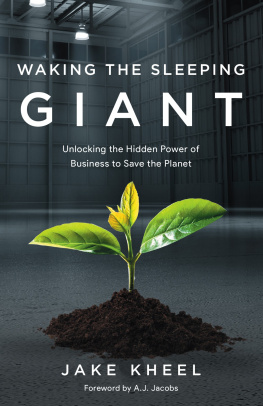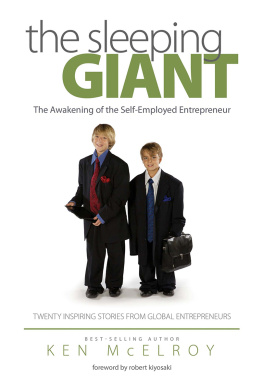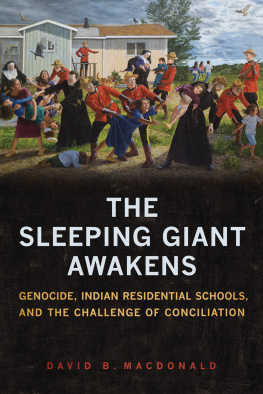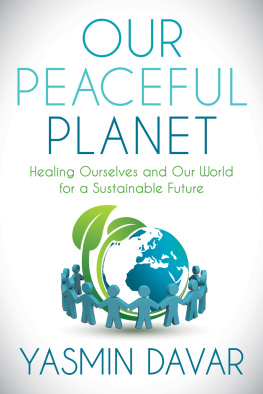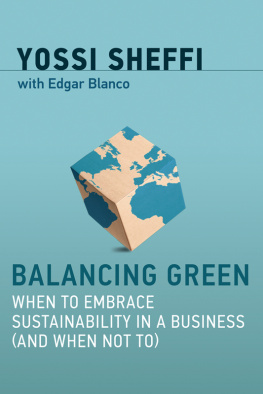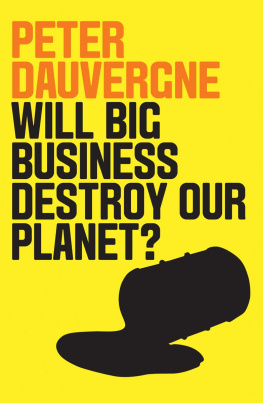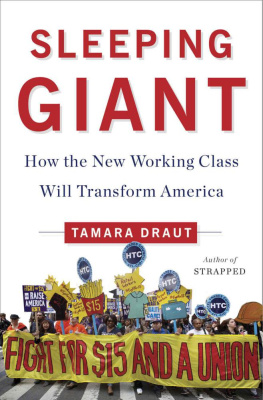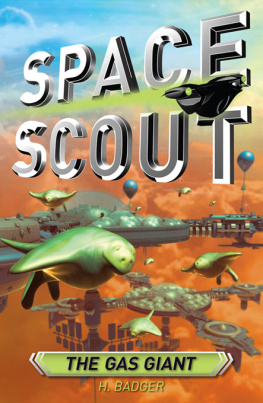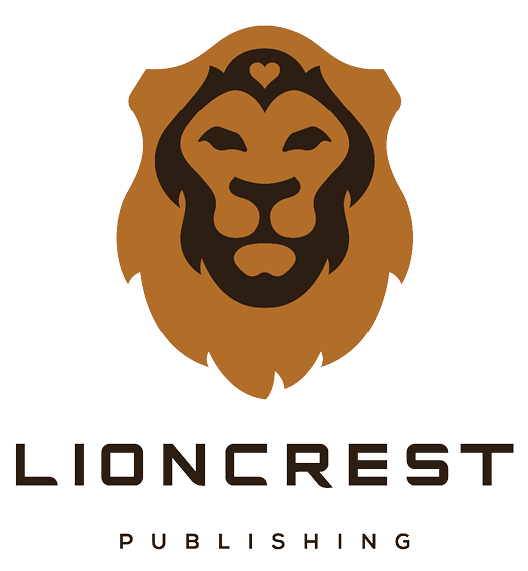All rights reserved.
Foreword
If you visit Punta Cana in the Dominican Republic, you can have a lovely time enjoying all the tropical vacation classics: swimming, sunbathing, snorkeling, hammocks, golf, pia coladas, you name it.
But if you have a little curiosity and an extra hour or two, you can also get a peek at a lesser - known side of Punta Cana. This is a side that you wont get at your average resortand its fascinating.
You can see an innovative laboratory where scientists are farming coral to save the reef ecosystem. Youll see thousands of wriggly worms composting garbage. Youll see endangered hawks that have made the resort grounds their new home.
Thats what this books author Jake Kheel spends his days creating. Jake and his boss Frank Rainieri, along with Rainieris wife and kids, have created a unique resort, Grupo Puntacana, that combines environmental activism with good business. Its a model that proves you can both make green and be green. Waking the Sleeping Giant is an important guide to how other businesses can do the same. Its a vital message.
Now admittedly, Im a bit biased. I have a long history with Punta Cana. My grandfather Ted Kheel, who died ten years ago, was a New York - based labor lawyer and civil rights activist who represented Martin Luther King Jr., among others. He was also an environmental advocate long before it was trendy.
In 1969, on a bit of a lark, he invested in an undeveloped patch of jungle in the Dominican Republic. Everyone thought it would be a bottomless money pit. But my grandfather made a smart decision: He teamed up with a then 24- year - old Dominican businessman named Frank Rainieri.
The two of them started slow. In the early 70s, they built a resort of just ten thatched - roof huts. I remember going as a kid. There was barely phone service. There was a single fuzzy black - and - white TV in the rec room. It was an adventure to even get there. Punta Cana International Airport didnt exist. The trip included a seven - hour jeep ride over dirt roads from the DRs capital, Santo Domingo, with the driver occasionally hopping out to chop branches with a machete.
But over the next decades, Frank and his family (his wife Haydee, and his kids Frank Elias, Francesca and Paola) have done a remarkable thing. Theyve built this area into a huge tourist mecca, providing thousands of jobs and an international airport. And, inspired by my grandfather, theyve been on a mission to make it a sustainable resort.
To that end, my grandfather and Frank had the foresight to hire Jake fifteen years ago to be Grupo Puntacanas environmental guru. Jake is my second cousin, the great - grandnephew of Ted Kheel. Ted saw in Jake that key combination: entrepreneurial spirit and social conscience.
Here, Jake tells the stories of how hes done it, while feeding tourists at the same time. Youll read about how to make a golf course that doesnt soak up a lot of water (it uses a special type of desert - bred grass and recycled water). Youll read about how to deal with the environmental crisis of invasive lionfish that were devouring the coral.
Its a great book. And I say that with some amount of annoyance. Im a professional writer who has spent years attempting to hone my craft. Jake created this book without seeming to break a sweat. (Not to mention, hes a triathlete, has a beautiful wife and son, and lives in a gorgeous part of the world, so thats also kind of maddening). But Jake also happens to be a wonderful and thoughtful guy who is helping the world in big ways, so its hard to hold a grudge. Especially after a couple of pia coladas in a hammock.
AJ Jacobs
Journalist, lecturer, human guinea pig, and author of four New York Times bestsellers
Introduction
I was six years old when my mom had an alligator shot on our front lawn. It was 1983 and the American alligator had nearly been wiped out in the United States from poaching. Under strict protection by the Endangered Species Act, you could get arrested or pay a big fine for simply bothering an alligator, much less blasting one with a shotgun.
The Endangered Species Act, however, wasnt working for my family. My mom called the local authorities and she was told the animal had to bite someone to be removed. She had no choice but to take matters into her own hands. She had two kids and four dogs running around the house all day. A ten - foot dinosaur with a mouth full of sharp teeth on her lawn was not an option. If pest control wouldnt remove the critter, our neighbor Johnny Shultz would happily take care of it.
Riddled with buckshot, the dead gator sank, but soon its body bloated with air and gas. Like a reptile zombie, it floated back to the surface. Under instructions from our mom to hide the endangered contraband from the authorities, my brother and I lassoed the corpse and stashed it in a nearby ditch, proudly showing it off to our friends as our pet gator. I was still pretty young, but even then it struck me that any law that forced people to do the opposite of what it intended was flawed. Instead of protecting the alligator, we were forced to kill it. There had to be a better way.
My brother and I grew up on a six - acre plant nursery surrounded by still - wild southern Florida swamp, horse farms, and backwoods characters blasting country music from their pickup trucks. We roamed the nearby woods, mucked around in canals, fished in man - made ponds, and chased our dogs around the neighborhood.
Animals were a big part of our childhood. My mother was an animal - lover she raised tropical birds and fish, dogs, cats, guinea pigs, and even a couple of miniature horses. But she also would not hesitate to take out any dangerous wildlife that made its way onto the farm, like the poor alligator. Once, my mom pulled over on our way home from school and stoned a poisonous water moccasin snake to death in the middle of the road. My brother and I watched in stunned silence from the backseat.
We later moved to Massachusetts and while there were no snakes or alligators, we spent most of our time splashing around in the marshes and ponds of our rural town. I had no idea at the time that my childhood adventures in Nature would lead to the field of sustainability. All I knew was I liked to play outside. (Note: Throughout this book I spell Nature with a capital N as is typically done in the life sciences and also to emphasize the profound uniqueness and importance of the natural world.)
The idea of environmental protection came into clearer focus for me when my elementary school designed an environmental crash course for our seventh - grade class. For several weeks, all of our classes were taught through the prism of the environment. We measured tree heights in math class. We read Rachel Carsons Silent Spring in English class. We studied the environmental movement in history class. We learned about acid rain, pollution, global warming, and, of course, the Endangered Species Act.
Before then, it had never occurred to me that Nature, the thing I treasured the most, was so seriously threatened. The rainforest, a place I had never seen, was being mowed over and transformed into cow pastures by the second. Animals I had only seen on TV were being extinguished off the face of the Earth. Aerosol spray and leaky refrigerators created a growing hole in the ozone layer. Our entire planet was warming. Yet no one was talking about it. How could I be so oblivious to such a serious situation? This really got my attention.

